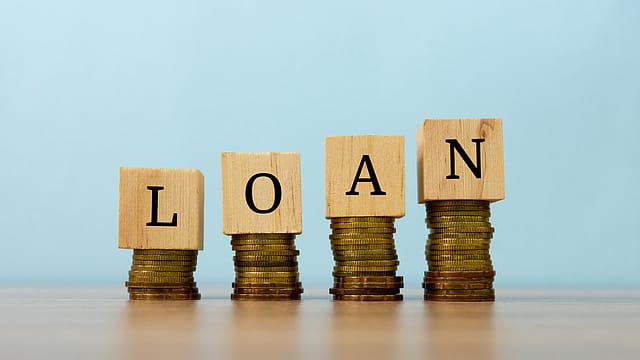Home loan interest rates to edge higher after repo rate hike
ADVERTISEMENT

Interest rates on home and car loans are set to increase with the Reserve Bank of India's 50 basis points repo rate hike on Friday.
The central bank hiked the repo rate to 5.4% with immediate effect, taking the key policy rate back to pre-pandemic levels – the highest since August 2019.
The rate hike will further push up home loan interest rates, which had already begun creeping upward after the surprise repo rate hike in May.
This is the third consecutive rate hike and finally marks the end of the all-time best low-interest rates regime - one of the major factors that drove housing sales across the country since the pandemic, says Anuj Puri, chairman of Anarock Group.
"A rate hike was expected, but the expectation was for a maximum of 35 bps. The hike by 50 bps is definitely on the higher side, and home loan lending rates will now edge further into the red zone," Puri says.
This whammy comes along with the inflationary trends of primary raw materials, including cement, steel, labour, etc., that have recently led to a rise in property prices, he adds. "Together, these factors – rising home loan rates and construction costs – will impact residential sales that did reasonably well in the first half of 2022."
As per Anarock Research, around. 1.85 lakh units were sold in the first half of 2022 across the top 7 cities.
The RBI's move to raise the key policy rate might have an immediate impact on home buying for a short-term as the recent consecutive repo rate hikes have already added to buyers' overall acquisition cost, says Ramani Sastri, chairman and managing director of Sterling Developers.
Rising interest rates along with elevated property construction cost and product price pressures could adversely impact the real estate sentiment when buyers are likely to invest in their dream homes foreseeing the festive season, Sastri says.
The real estate sector had just started seeing gradual recovery across key property markets, driven primarily by end-users and this decision will have adverse impact for the interest rate-sensitive Indian real estate sector, he adds.
However, despite the odds, Sastri is still hopeful as there is significant pent-up demand from a very large population base and first-time homebuyers. "Many high-frequency indicators are also suggesting that the economy has been recovering in a robust way and this will influence real estate positively," he adds.
The impact of rate hike will be predominantly on the affordable housing side, which is primarily driven by sentiments and especially first-time home buyers who are heavily reliant on home loans, according to Lincoln Bennet Rodrigues, chairman and founder of the The Bennet and Bernard Company.
This decision will not make much difference in the luxury segment as the demand of home buyers in this segment is beyond these considerations, says Rodrigues.
"Also the affordability and the disposable incomes of new-age homebuyers are much better today than a few years ago due to the increased job and wage growth in most sectors in the country and this is a silver lining for the sector. The current environment of repo rate hikes is not expected to last forever, and eventually, the rates are likely to come down again," he adds.
The RBI has retained its inflation forecast for the financial year 2022-23 at 6.7%. While inflation has partially eased as compared to the surge in April, it continues to be above the RBI's target range. Inflation is likely to remain above RBI's upper tolerance band of 6% in Q2 and Q3.